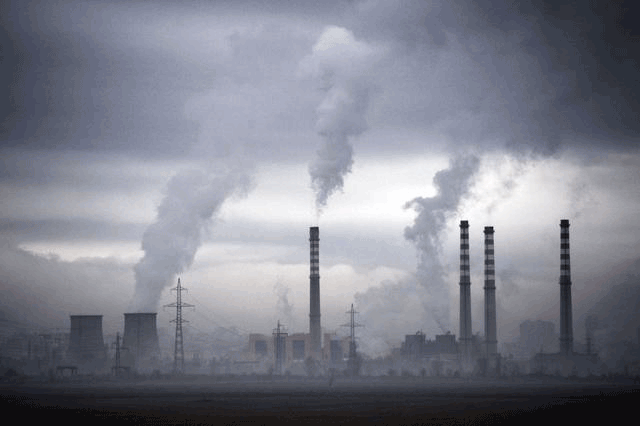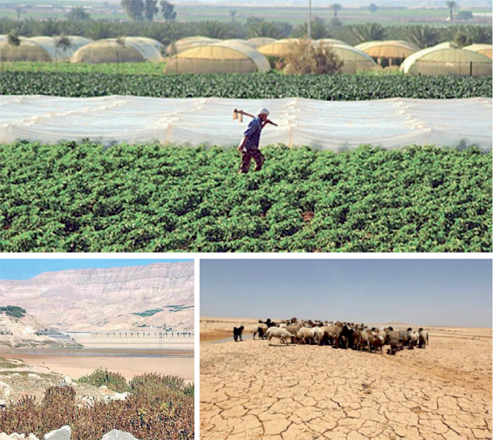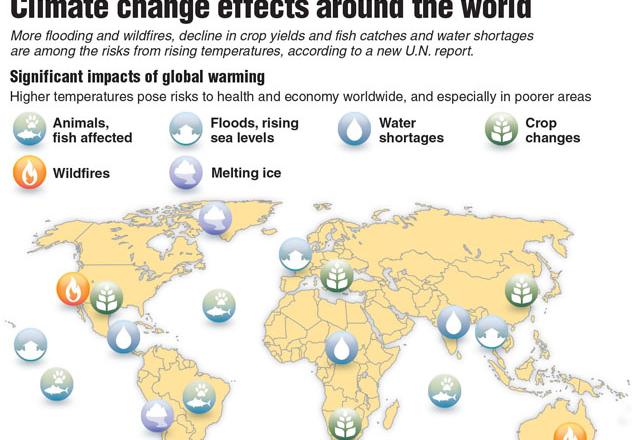You are here
Public health measures vital amid climate change ramifications — JEU president
By Rana Tayseer - Apr 09,2023 - Last updated at Apr 09,2023

The main climate change-related risks to Jordan’s health sector are decreases or increases in temperature and precipitation, according to President of the Jordan Environmental Union Omar Shoshan (JT File Photo)
AMMAN — President of Jordan Environment Union Omar Shoshan, on Sunday, called for educating and informing the public about necessary health measures to protect people from the negative effects of climate change.
Shoshan said that the main climate change-related risks to the health sector are decreases or increases in temperature and precipitation. The magnitude of impact on the sector that results from climate change will depend primarily on the population distribution in affected areas, as exposure to high heat or cold waves will contribute to increased rates of mortality and spread of communicable and non-communicable diseases.
The effects of climate change also include an increase in respiratory diseases, including chronic diseases such as asthma. A decrease in precipitation will also lead to a decrease in the availability of domestic water, which may lead to the consumption and use of unsafe or polluted water for drinking and agricultural uses, thus spreading many waterborne diseases and increasing the risk of food contamination, he added.
Additionally, floods caused by climate change can cause water epidemics, waterborne diseases, and contaminated food, Shoshan added.
“Climate change is expected to increase outdoor workers’ exposure to ultraviolet radiation, which will cause a range of health effects, including UV-induced cataracts, malignant skin cancer and sunburn,” he said.
Heat stress from high temperatures and humidity can also lead to increased mortality or chronic disease after heatstroke. Many types of workers, such as farmers who work outdoors, or chemical industry workers who work indoors, will be at risk of heatstroke and will be exposed to higher levels of air pollutants due to higher temperatures, according to Shoshan.
He also called for developing programmes to combat diseases related to climate change and developing monitoring systems using meteorological services to combat disease vectors at any time and place.
Shoshan also urged the development of new methods and tools to prepare for, deal with and recover from climate change-related disease outbreaks, such as tools for early warning systems based on environmental information.
A recent report by the World Health Organisation indicated that climate change is imposing serious health threats to all, but identified refugees as more vulnerable to environmental emergencies and crises. Refugees are on the frontline of climate emergencies, and many are living in climate hotspots and typically lack the resources to adapt to an increasingly hostile environment, the report added.
Related Articles
AMMAN — In addition to its environmental affects, experts stress that climate change also has a negative impact on human health.
AMMAN — The temperature was 46°C degrees in Deir Alla’s Damia village in the Jordan Valley on August 28. Jamal Masalha sat near a fan to cool down, drinking a cold glass of water, but the veteran farmer was still frustrated, not only from the heat, but because he felt incapable of helping his plants withstand the scorching heat outside.
Jordan will witness a steady increase in temperatures, more dry spells and a drop in precipitation during the coming decades as the impact of climate change becomes more apparent, according to the Third National Communication on Climate Change.
















